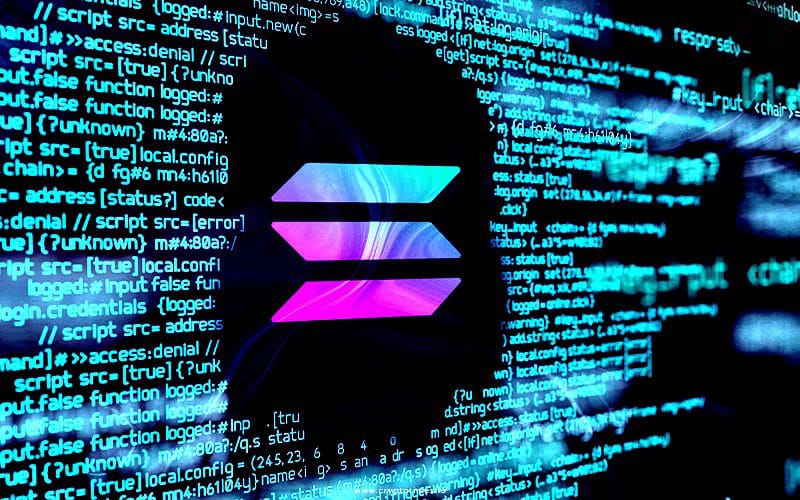Solana's Web3.js Library Breach Exposes Private Keys, Drains Funds

This week the Solana ecosystem faced a significant security breach involving its web3.js library, a tool utilized by developers to create decentralized applications (dapps) on the Solana network. This incident, highlighted by developer @trentdotsol, saw versions 1.95.6 and 1.95.7 of the library being compromised in what's described as a supply chain attack. This attack introduced malicious code into the library, effectively turning it into a tool for stealing private keys and subsequently draining users' cryptocurrency funds.
The attack mechanism was cleverly disguised; it used an ‘addToQueue’ function which operated under the guise of legitimate Cloudflare headers to siphon off private keys. The implications were severe, with around $160,000 reportedly stolen according to data from Solscan. This breach wasn't just a random hack but a targeted exploit where attackers likely used a phishing campaign to gain control over the library's "publish-access account." This gave them the necessary permissions to publish the malicious updates.
anyone using @solana/web3.js, versions 1.95.6 and 1.95.7 are compromised with a secret stealer leaking private keys. if you or your product are using these versions, upgrade to 1.95.8 (1.95.5 is unaffected)
— trent.sol (@trentdotsol) December 3, 2024
if you run a service that can blacklist addresses, do your thing with…
Response and Mitigation Efforts
Following the discovery of this vulnerability, several key players in the Solana community, including Solflare, Phantom Wallet, and Helium, quickly announced that they were not affected by the exploit. This swift response helped to mitigate panic and reassured users that not all were compromised. However, the incident underscores the risks inherent in using widely trusted libraries, especially when they become points of attack in supply chain breaches.
The response from the Solana team was prompt and decisive. Anza, a Solana-focused research and development firm, clarified that this was not a flaw in the Solana protocol itself but rather in the JavaScript client library. They emphasized that the issue primarily affected projects that manage private keys directly and had updated to the compromised versions between 3:20pm and 8:25pm UTC on December 2, 2024.
The compromised versions were swiftly removed from circulation, and developers were urged to upgrade to version 1.95.8, which does not contain the malicious code. This action was crucial to prevent further exploitation and to safeguard the integrity of the applications built on Solana. Developers were particularly advised to check their package versions and ensure no future updates would revert to the compromised builds.
This incident serves as a stark reminder of the vigilance required in the blockchain space. The interconnected nature of software libraries means that a single vulnerability can cascade into widespread issues unless promptly addressed. It's a call to action for all involved in the development and maintenance of blockchain technologies to prioritize security, perhaps even more than innovation, given the financial stakes involved.

